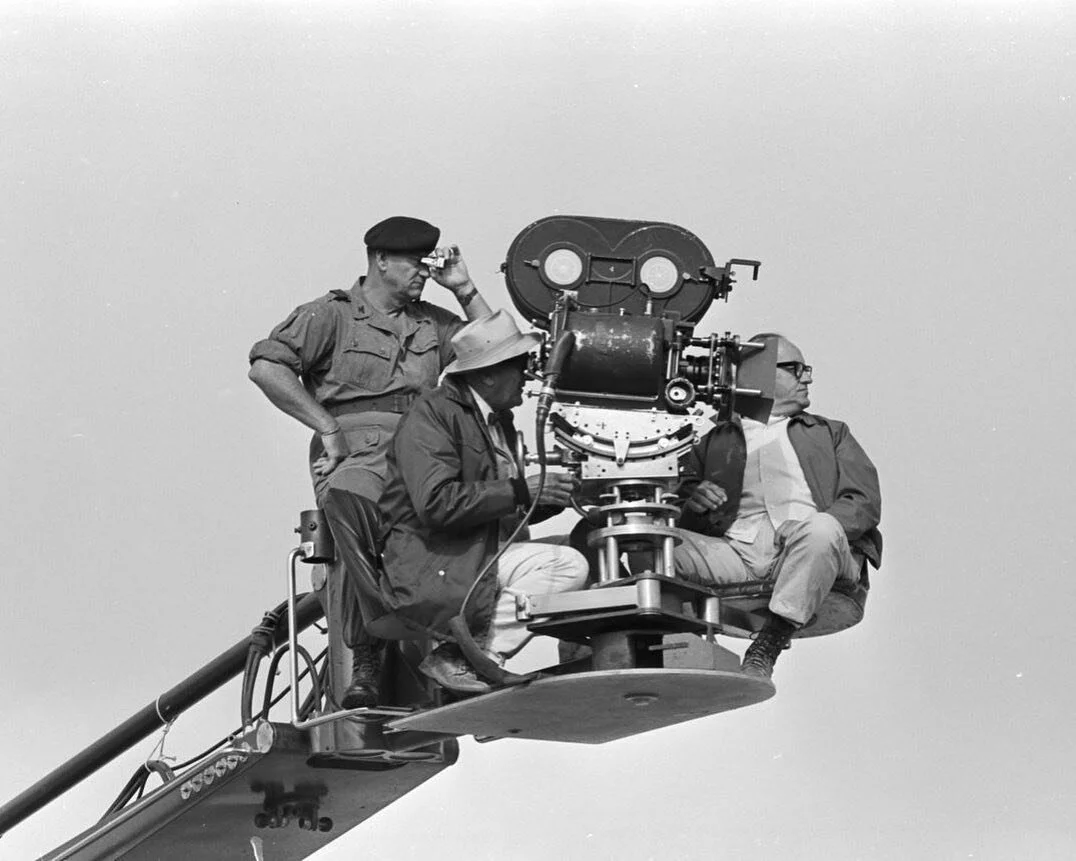The Profits of Disorder
By Trevor Denning (@BookstoreThor)
Why do people still watch comic book movies, despite their being the same, simplistic story over and again?
For the same reason that reality show House Hunters built the HGTV television network, even though it’s basically the same episode. There’s comfort in the familiar. While the adventurous may sometimes dabble in the experimental, it’s human nature to return to what we know. That’s true for food, the way we organize our workspaces, and entertainment.
We also like to see order brought to chaos. If order isn’t familiar, it’s at least an ideal. When it comes to complexity, a comic book movie is to Shakespeare as tipping over a block tower and reassembling it is to reverse engineering the palace of Versailles. In both cases, though, there is structure, which is put in disarray, and requires a hero to put it right. Without conflict there is no story, and we thrill to conflict. Without restoration of order, there is no peace.
The process of assembly is soothing. It’s why demo and reno shows are comfort television and why full grown adults still play with legos.
It’s also why the powers that be were able to shove Joe Biden into the Oval Office. The narrative they spun around Trump was chaos, chaos, chaos. But ol’ Joe would restore order. How’s that working out? Not great. The chaos continues, not because Trump caused it but because the media started a perpetual motion machine that neither side can stop.
This is every president since the military/industrial complex took full control.
Trump may have been the cog in the machine that made it spin in the other direction. But he was still playing in the established machine.
No one turns on a news channel to be soothed. Some people are just addicted to conflict and outrage. They choose to live incomplete stories, hooked on the rush that comes with being inside the racing hampster wheel. Those who seek solace turn to fiction, where chaos is defeated and normalcy is restored. Unfortunately, the same ideology that controls the news narrative also controls the fiction, which is fiction. Decades of film and television have told us that big business is the bad guy, dads are useless, and soldiers are psychopaths. Sure, we get something resembling conflict, climax, and resolution. It’s just laced with lies.
Before superhero movies became the dominant genre, Americans loved the western myth. With rare exception, westerns are stories of men taming the wild west. The western hero is an outsider, forged in the heat of the desert wilderness, who sacrifices himself for a civilization to which he can never belong. Consider Shane, the Lone Ranger, and the Magnificent Seven if you doubt me. Yet these men don’t work alone. They form temporary bonds within the community, and they help the people become more than what they were. The loner hero doesn’t simply restore the status quo, but inspires everyone to reach for something they believed was out of their grasp.
Once the townsfolk have what they need, the hero has made himself obsolete and is forced to move on because the story is over.
The superhero genre is like the news, holding its devotees in arrested development. If anything ever changed, if anyone ever grew, if they could do anything other than promise to get back to law and order, the story would stop. The characters can’t really offer anything, so we in the audience can’t aspire to anything. Except seeking out the next installment.
Like a drug.
Now, I’m not suggesting that we need more cowboy movies or that it’s the only genre that tells the tale. Casablanca does the same thing, only in reverse. The civilized come to the area of unrest, and it’s the insider who ushers them back to where they belong. Ultimately, Rick still takes the hit, sacrificing his desires for what’s right and remaining in the wilderness. I’m not saying that I don’t enjoy some of the early Marvel movies. But I am saying that the hardest part of crafting any story is finding an ending that satisfies.
If one part of the story isn’t working, it’s probably because something else is missing or out of sync. If the ending doesn’t land, or worse there is no ending, perhaps it’s because the characters have nothing to sacrifice, no virtues to achieve, nothing to offer the community.
We don’t need stories that tell us how free we are to “follow our hearts.” We do need stories that remind us we are free to do what is virtuous. More than ever, we need stories with conclusions.






